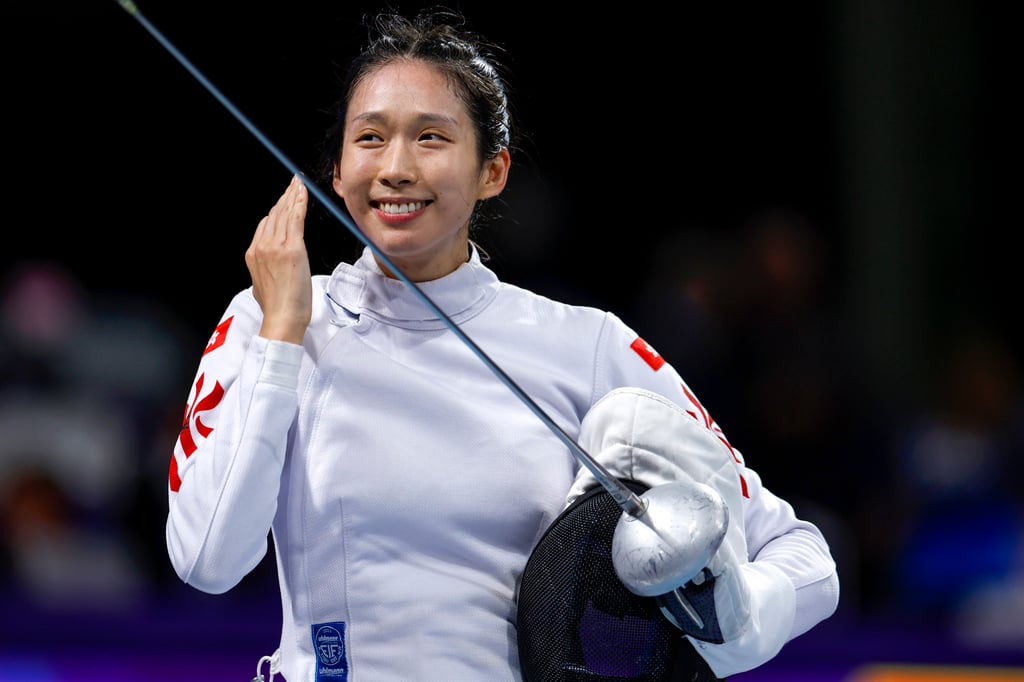Hong Kong should work with mainland China to host ‘Belt and Road Games’, Regina Ip says
“I have recommended to the chief executive that Hong Kong should work in conjunction with other cities in the Guangdong-Hong Kong-Macau Greater Bay Area to host the first Belt and Road Games, [which can be] just like the Commonwealth Games,” said Ip, who is also the chairwoman of the New People’s Party.
“Riding on its stunning achievements in the Paris Olympics, Hong Kong should take the lead in using mega events in sports to build friendships, strengthen connectivity, spur innovation and stimulate growth.”
The Commonwealth Games, established in 1930 as the British Empire Games, are open to 74 nations and territories and have been staged in Australia, Canada, England, India, Jamaica, Malaysia, New Zealand, Scotland and Wales.
Ip said Hong Kong should readjust its role and positioning in a new geopolitical landscape, and be fearless amid hostility from some in the West.
“Despite geopolitical tensions, Hong Kong should strengthen its separate systems’ characteristics, both in substance and in message, and mobilise its vast resources in and outside government to reach out to its traditional developed world partners in North America, Europe, Asia and Australia,” she said.
“The constant drumbeat of sanctions and the twisted narrative on Hong Kong should not deter us from engagement. Through fearless engagement, discussing, debating and arguing face to face, the real Hong Kong story will be told.”

Conceding it might not be easy to “move the mountain of silent phobia”, she argued the city should make the most of its knowledge of Western culture, values and norms as well as its extensive network to “help China build common ground with Western countries and reduce misunderstandings”.
But Ip said the city should also look beyond the English-speaking world, with which it had previously prioritised business ties.
“It is high time for Hong Kong to reorient itself to the diverse and multicultural, non-English-speaking sphere, whether in the Middle East, eastern Europe or elsewhere,” she said.
“It should start by broadening its language skills and cultural mindsets, so that it can dive deep into building meaningful relationships with people and businesses from different parts of the world.”
She said the city was an inalienable, but different, part of China.
Hong Kong could use its common law system and protection of fundamental rights and freedoms to contribute to the nation by “being different”, she said, adding the city could show the world the success of the “one country, two systems” governing principle.